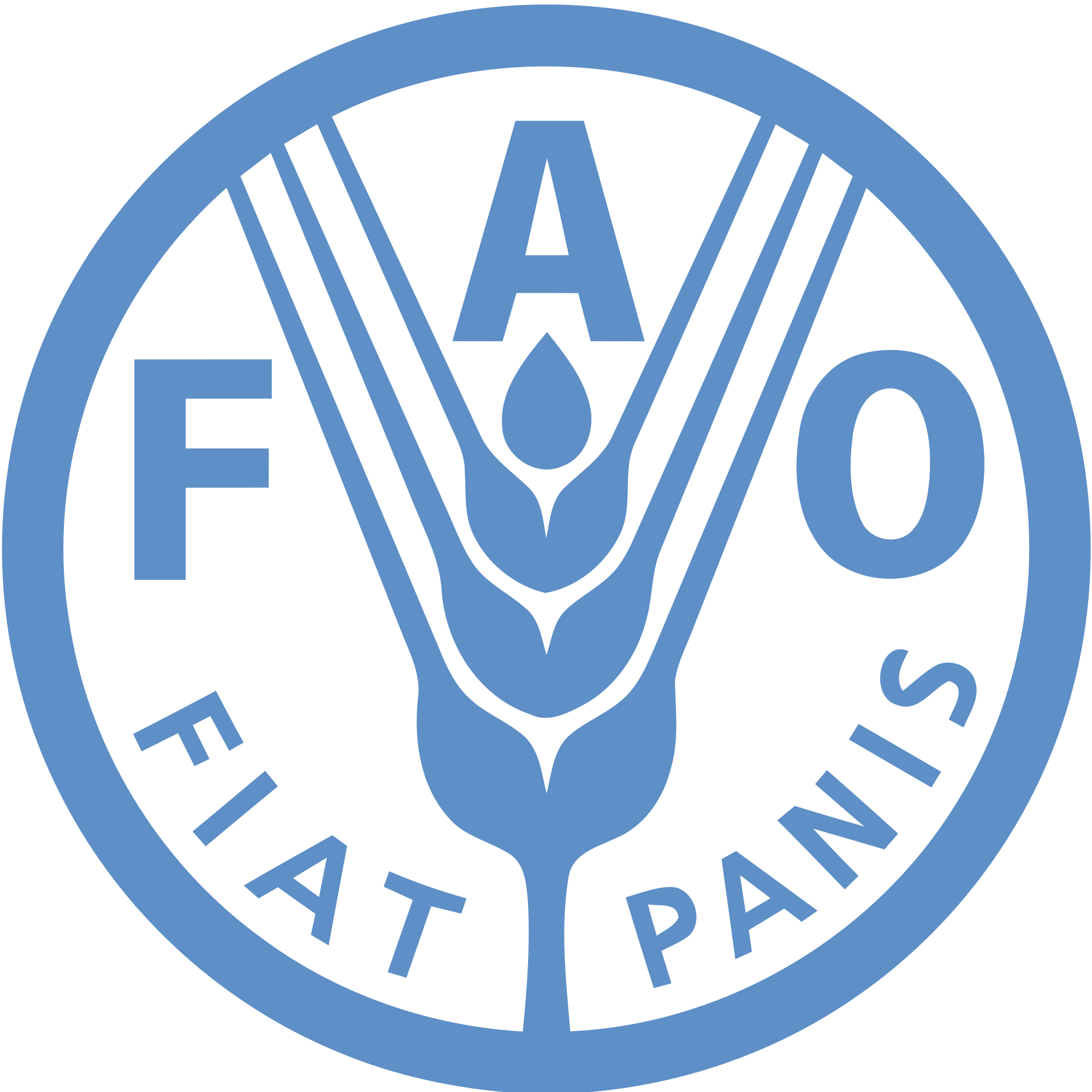FAO Unveils 2025 Food Policy Review

Launch of Nigeria's 2025 Food and Agriculture Policy Monitoring Review
The Food and Agriculture Organisation of the United Nations (FAO) has partnered with the Federal Ministry of Agriculture and Food Security to launch the 2025 Nigeria Food and Agriculture Policy Monitoring Review (PMR). This initiative is designed to support evidence-based agricultural transformation under the National Agricultural Technology and Innovation Policy (NATIP). The PMR aims to provide a clear roadmap for policy implementation and investment planning by analyzing public expenditure and commodity price incentives over multiple years.
The launch event, held in Abuja, brought together a diverse group of stakeholders, including senior government officials, development partners, representatives from the World Bank, private sector leaders, farmer organizations, civil society groups, and academic institutions. The gathering provided an opportunity for strategic dialogue on the future direction of Nigeria’s agricultural policies.
The PMR was developed with technical assistance from FAO's Monitoring and Analysing Food and Agricultural Policies (MAFAP) programme. This comprehensive analysis offers critical insights that can guide policymakers in making informed decisions. The report highlights the importance of aligning policy interventions with national priorities and ensuring that resources are allocated effectively to achieve sustainable agricultural growth.
In a statement, the Minister of Agriculture and Food Security, Abubakar Kyari, emphasized the significance of the PMR in supporting the government's efforts to improve food security and increase agricultural productivity. He noted that the timing of the report's release coincides with the preparation of the 2026 budget proposal by the Federal Ministry of Finance and Budget Planning. This alignment ensures that the findings of the PMR can directly inform the allocation of resources across all sectors.
Kyari stated that credible research results will play a vital role in shaping the government's approach to expenditure and resource distribution. He also highlighted the importance of increasing agricultural yields and improving nutrition as key components of the national agenda. According to him, the MAFAP analysis provides policymakers and development partners with a clear direction for targeted investments and impactful reforms.
Dr. Hussein Gadain, the FAO representative in Nigeria and to the Economic Community of West African States (ECOWAS), praised the collaboration between FAO and the Nigerian government. He described the policy review as a landmark achievement that reflects their shared commitment to transforming the agricultural sector. Gadain emphasized that the evidence and recommendations presented in the PMR will serve as a foundation for inclusive growth, improved food security, and sustainable development.
He further noted that key actions, based on government priorities and stakeholder consultations, continue to ensure that the findings of the report are relevant and achievable for Nigeria's agricultural transformation. This collaborative approach underscores the importance of engaging various stakeholders in the policymaking process to ensure that the outcomes are both practical and impactful.
The PMR represents a significant step forward in Nigeria's journey towards achieving food security and sustainable agricultural development. By leveraging data-driven insights and fostering partnerships among different sectors, the country is well-positioned to implement effective policies that will drive long-term economic growth and improve the livelihoods of its citizens.

Comments
Post a Comment